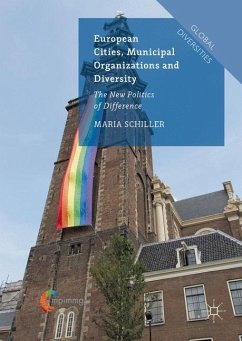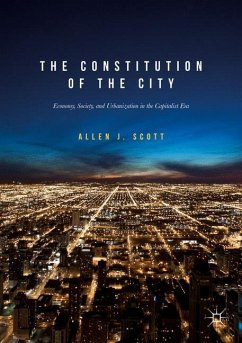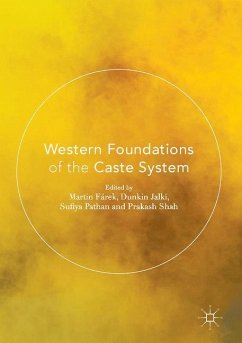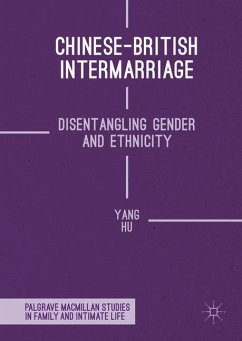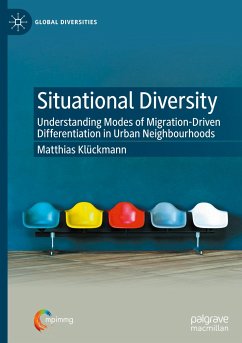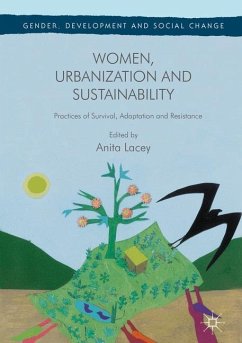
House Church Christianity in China
From Rural Preachers to City Pastors
Versandkostenfrei!
Versandfertig in 6-10 Tagen
68,99 €
inkl. MwSt.
Weitere Ausgaben:

PAYBACK Punkte
34 °P sammeln!
This book provides a significant new interpretation of China's rapid urbanization by analyzing its impact on the spread of Protestant Christianity in the People's Republic. Demonstrating how the transition from rural to urban churches has led to the creation of nationwide Christian networks, the author focuses on Linyi in Shandong Province. Using her unparalleled access as both an anthropologist and member of the congregation, she presents a much-needed insider's view of the development, organization, operation and transformation of the region's unregistered house churches. Whilst most studies...
This book provides a significant new interpretation of China's rapid urbanization by analyzing its impact on the spread of Protestant Christianity in the People's Republic. Demonstrating how the transition from rural to urban churches has led to the creation of nationwide Christian networks, the author focuses on Linyi in Shandong Province. Using her unparalleled access as both an anthropologist and member of the congregation, she presents a much-needed insider's view of the development, organization, operation and transformation of the region's unregistered house churches. Whilst most studies are concerned with the opposition of church and state, this work, by contrast, shows that in Linyi there is no clear-cut distinction between the official TSPM church and house churches. Rather, it is the urbanization of religion that is worthy of note and detailed analysis, an approach which the author also employs in investigating the role played by Christianity in Beijing. What she uncovers is the impact of newly-acquired urban aspirations for material goods, success and status on the reshaping of local Christian beliefs, practices and rites of passage. In doing so, she creates a thought-provoking account of religious life in China that will appeal to social anthropologists, sociologists, theologians and scholars of China and its society.





